Photographs: Reuters. Kanika Datta
Ratan Tata demitted office as chairman of the Tata group in a blaze of congratulatory comment that, in a sense, says much about the strengths and weaknesses of Indian business in a globalised world.
No one can deny that Mr Tata's record is impressive. He acquired an enormous, unwieldy group in 1991 and in circumstances, both internal and external, that required him to react quickly and creatively to the challenges that liberalisation posed to all Indian corporations.
Twenty-one years later, he has left a group that is 51 times larger in terms of turnover and profits, a string of acquisitions that has made the Tata brand name globally known and he leaves it the leader among India's corporate groups, just as it was when he took over.
...
Tata's remarkable role in rise of Indian business
Image: Ratan Tata addresses AGM of Tata Steel in Mumbai.Photographs: Sahil Salvi.
It could be argued that Mr Tata had a strong base to start from. Four of the five companies that account for 90 per cent of the group's turnover today enjoyed pre-liberalisation monopolies in shortage-ridden domestic markets.
For instance, till prices and distribution were decontrolled, the domestic steel market was divided between government-owned Steel Authority of India and Tata Steel. Tata Motors had the largest installed capacity for trucks and commercial vehicles, the business that remains its bread and butter today.
Tata Chemicals enjoyed a protected fertiliser and industrial chemicals market. Tata Power had the kind of historical monopoly that old-generation power companies like CESC enjoyed.
...
Tata's remarkable role in rise of Indian business
Image: Kumar Mangalam Birla (C) speaks during a news conference in Mumbai.Photographs: Punit Paranjpe/Reuters.
Only TCS can be considered an India-based global winner by virtue of its high-value outsourcing model.
This is no small achievement, if we consider, for example, the rapid diminution of the Birla family businesses after 1991 – with the stellar exception of the Aditya Birla Group – that also enjoyed domestically negotiated monopolies.
Till today, the decline of the Ambassador remains one of the most potent symbols of the inability of pre-reform Indian products to compete in open markets.
Mere survival and healthy bottom lines are, however, the least of Mr Tata's attributes. Groups like Aditya Birla and Mahindra & Mahindra, led by talented younger scions, have similarly impressive records.
...
Tata's remarkable role in rise of Indian business
Image: Ratan Tata.Photographs: Hitesh Harisinghani/Rediff.com.
It is notable that Mr Tata's ability to "think big" is most praised. That says a lot about the mindset of Indian businesses 20 years ago. Western and Japanese corporations have been "thinking big" – very big – as a matter of course for decades.
Thinking big was not, for example, the attribute attached to Jack Welch, Fortune's Manager of the Century, when he retired although he grew GE's revenues from $26-odd billion to $130 billion in the 21 years of his reign and made it one of the world's most valuable companies.
For the Tata group, big thinking has meant big-ticket global acquisitions, which have catapulted the Tata name into global rankings.
Tata Motors and Tata Steel, for instance, figure in the Fortune 500 global rankings (2012 position: 314 and 401 respectively) on the back of the 2007-2009 buying spree (JLR and Corus).
...
Tata's remarkable role in rise of Indian business
Image: Mukesh Ambani.Photographs: Reuters.
In as much as these rankings can be taken seriously, Reliance Industries is probably a higher achiever, being the only privately promoted Indian company to make it into the top 100 global ranking thanks to operations executed entirely in India – the world's largest greenfield refinery – and products sold entirely in competitive overseas markets.
Now Mukesh Ambani stood out for something that global companies always took for granted but Indian companies struggled to achieve till very recently: excellence in execution.
...
Tata's remarkable role in rise of Indian business
Image: Ratan Tata stands alongside the Nano at its launch in Mumbai.Photographs: Sahil Salvi.
But it would be fair to say that it was Mr Tata who first demonstrated to Indian businesses a strategy that every global conglomerate considers as a matter of course.
His group's 2000-01 buy of Tetley set the tone and direction that many Indian companies, large and small, followed a few years later.
Yet, despite a formidable reputation at home and a respected one abroad, the Tata group has struggled to win the hearts of consumers, just as most Indian companies do today.
...
Tata's remarkable role in rise of Indian business
Image: Titan watch.The Tata Big Five are all in B2B industries. The booming fast-moving consumer goods market proved so elusive that the group exited it altogether and, despite audaciously producing the world's cheapest car, there have been no breakthroughs here.
Titan, a signature brand in India, has made no noticeable inroads in the fashion capitals of the world.
Finally, much of the commentary during Mr Tata's retirement also made a point to refer glowingly to the integrity with which he conducted himself and the values he imbued in the group.
...
Tata's remarkable role in rise of Indian business
Image: Ratan Tata.Photographs: Sahil Salvi.
This, too, is a pithy comment on Indian business. Shouldn't integrity be taken for granted among businesses and promoters?
It says much for Mr Tata that he has struggled in industries that required some amount of lobbying - airlines, telecom, real estate.
Note his abstinence even though he easily had an inside track to Raisina Hill, via his membership of prime ministerial advisory councils.
In a year scarred by crony-capitalism scandals, that will mark his biggest legacy to Indian business.

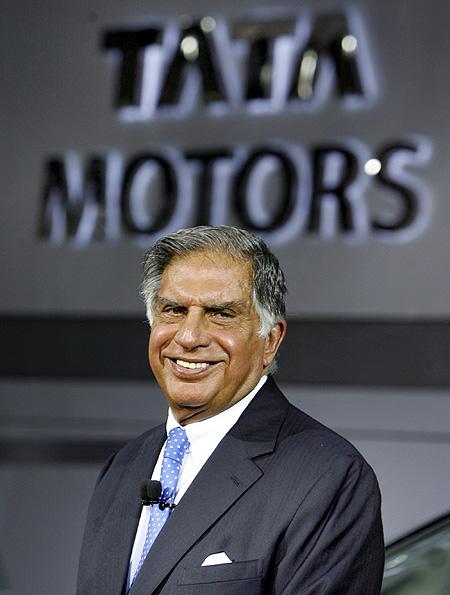
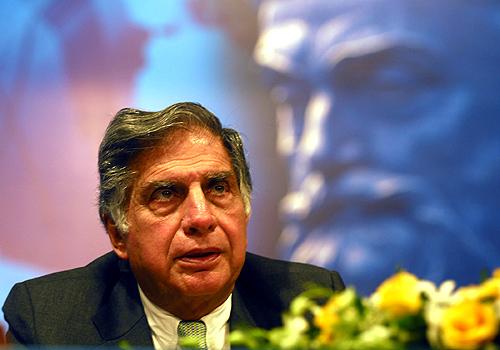
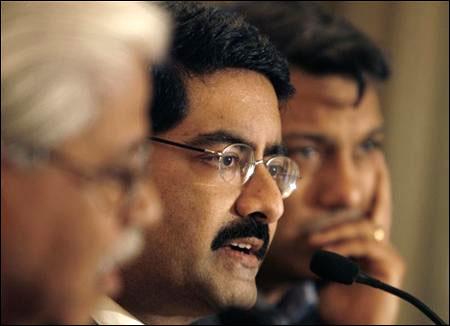
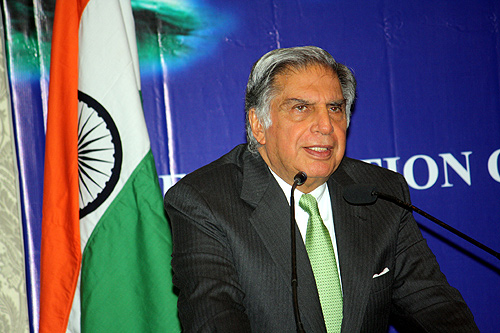
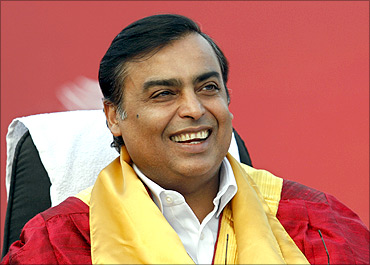
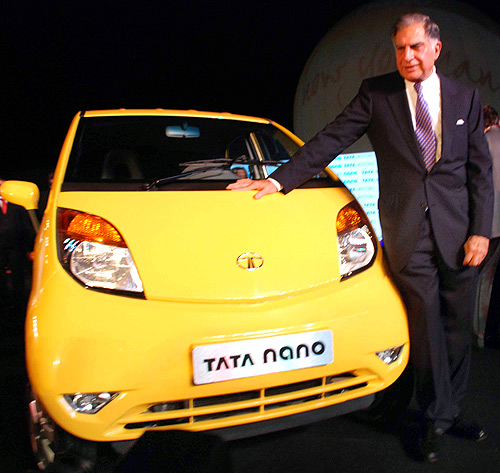
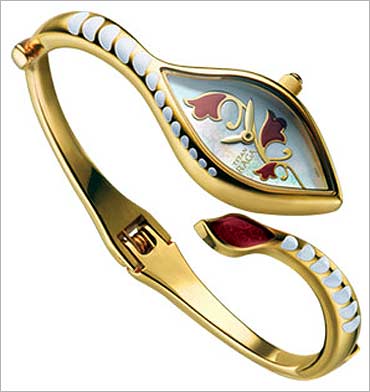
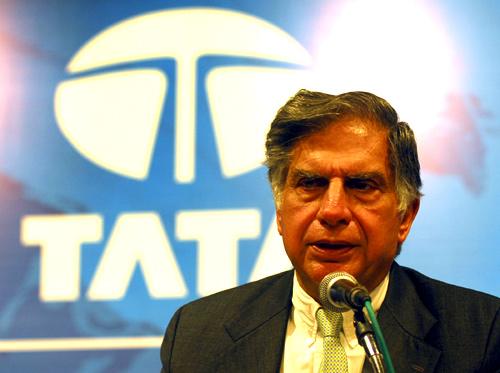

article